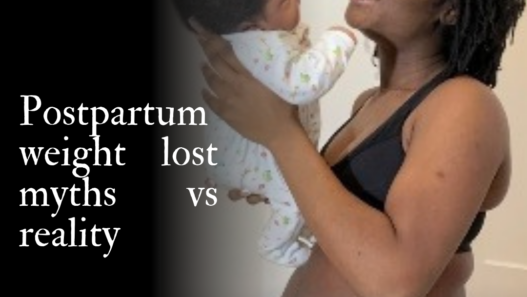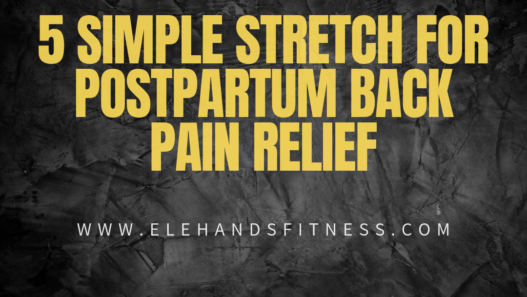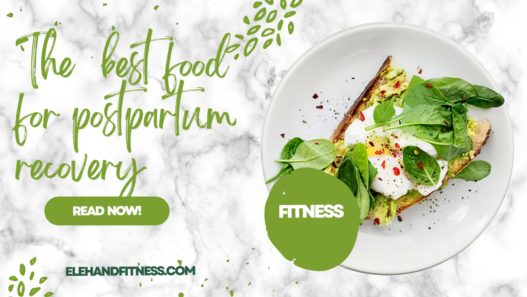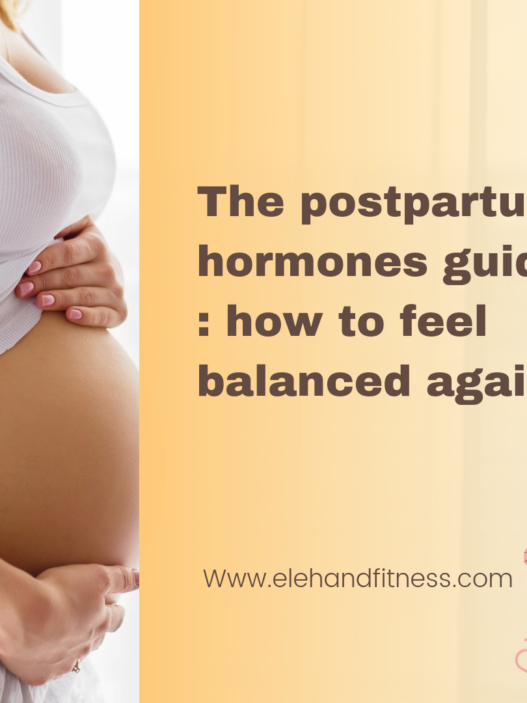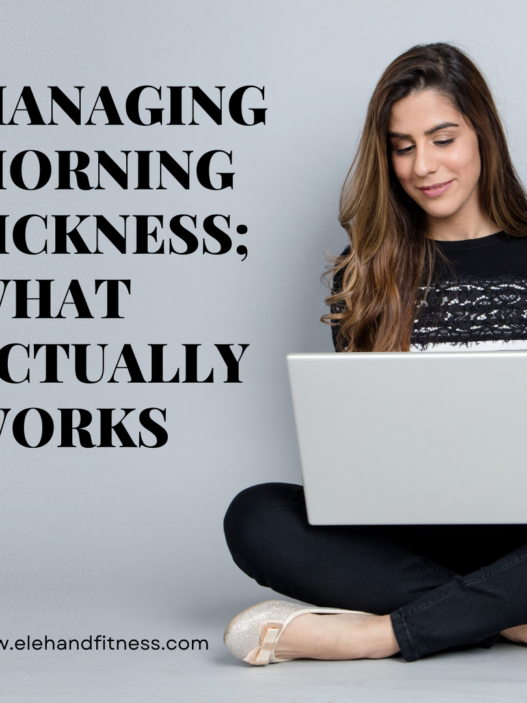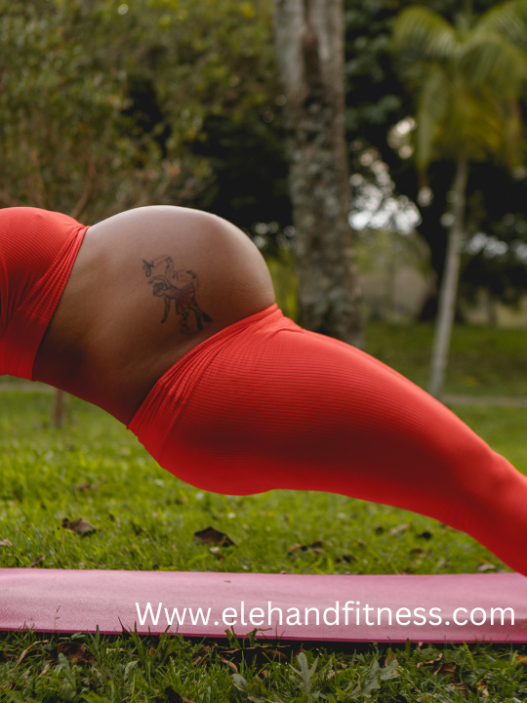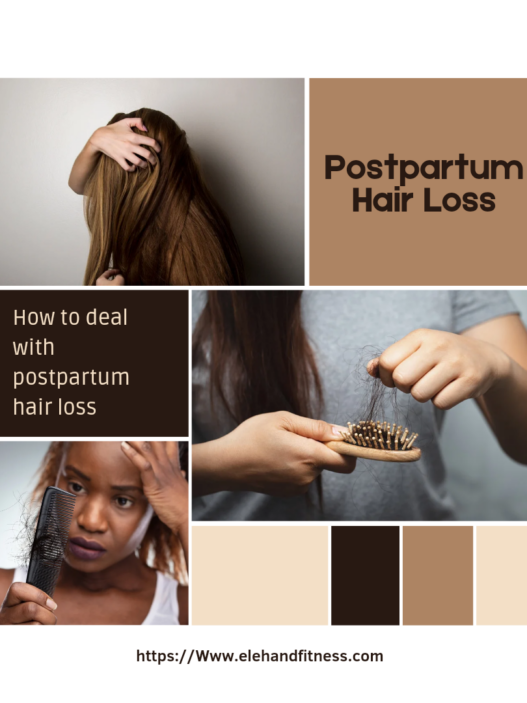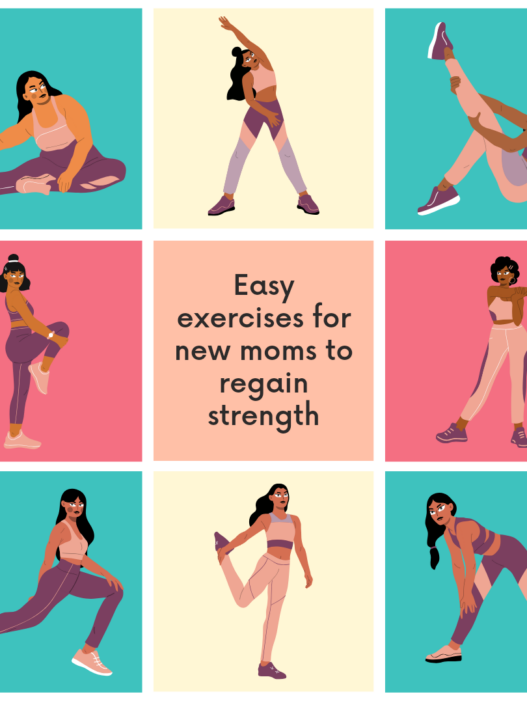Core Strengthening Tips for Moms: Rebuilding Your Core After Baby
After having a baby, many moms are eager to feel strong and confident in their bodies again. The core, which supports nearly every movement in your body, takes a significant hit during pregnancy and childbirth. Whether you had a vaginal delivery or a c-section, rebuilding your core is crucial for regaining strength, improving posture, and avoiding issues like back pain or pelvic instability.
In this blog, we’ll explore why core strengthening is important and share safe, effective tips to help you rebuild your core after baby.
Why Core Strength Matters After Baby
- Healing and Stability
Pregnancy stretches and weakens the abdominal muscles, particularly the rectus abdominis (the “six-pack” muscles), which may separate in a condition called diastasis recti. A strong core helps bring these muscles back together and stabilizes your pelvis and lower back. - Postpartum Recovery
Core exercises improve your body’s alignment and reduce aches and pains. They also support postpartum recovery, especially after a c-section. - Daily Functionality
From lifting your baby to carrying groceries, a strong core makes daily activities easier and reduces the risk of injury. - Confidence Boost
Rebuilding your core not only helps you feel stronger but can also improve your posture and boost your confidence as your body heals and adjusts.
Safe Core Strengthening Tips for Moms
- Start Slow and Focus on Breath
Before diving into crunches or planks, focus on reconnecting with your breath. Try deep diaphragmatic breathing:
Lie on your back with knees bent.
Place one hand on your chest and the other on your belly.
Inhale deeply through your nose, allowing your belly to rise, and exhale through your mouth, gently engaging your core.
This helps activate your deep core muscles, including the transverse abdominis.
- Pelvic Tilts
Pelvic tilts are a gentle way to engage the core and improve pelvic alignment:
Lie on your back with knees bent and feet flat on the floor.
Press your lower back into the floor by tilting your pelvis upward.
Hold for a few seconds, then release.
Repeat 10-15 times, focusing on controlled movements.

- Heel Slides
Heel slides help strengthen the lower abs without straining the core:
Lie on your back with knees bent.
Engage your core and slowly slide one heel out until your leg is straight.
Return to the starting position and repeat with the other leg.
Perform 8-10 reps per leg.
- Bridge Pose
This exercise strengthens the glutes, pelvic floor, and core:
Lie on your back with knees bent and feet flat.
Press through your heels to lift your hips toward the ceiling.
Hold for a few seconds, then lower slowly.
Repeat 10-12 times.
- Avoid Traditional Crunches Initially
Crunches and sit-ups can put too much pressure on the abdominal muscles and worsen diastasis recti. Focus on gentle, controlled movements and progress only when your core is stronger and properly aligned.
- Engage the Pelvic Floor
Your pelvic floor works in tandem with your core. Try Kegel exercises to strengthen these muscles:
Contract your pelvic floor as if you’re stopping the flow of urine.
Hold for a few seconds, then release.
Repeat 10-15 times a day.
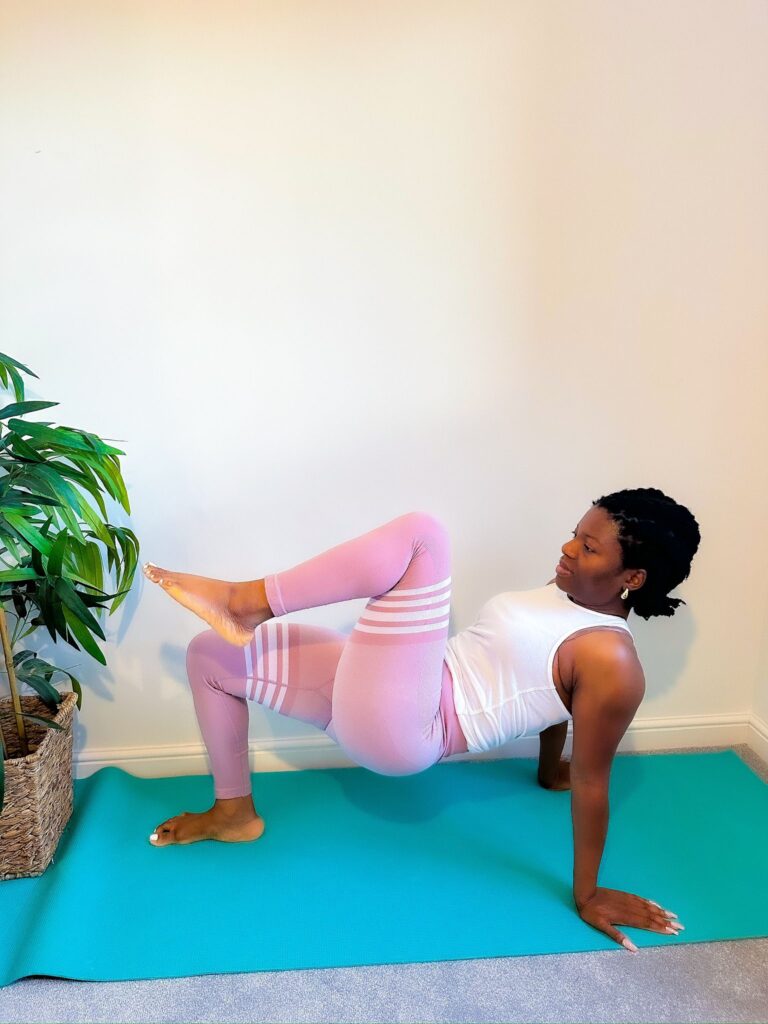
- Seek Professional Guidance
If you’re unsure where to start or suspect you have diastasis recti, consult a physical therapist specializing in postpartum recovery. They can assess your condition and recommend safe, personalized exercises.
Things to Keep in Mind
Be Patient with Your Body
Your body has been through a lot. It takes time to rebuild strength, so focus on progress, not perfection.
Listen to Your Body
If an exercise causes pain, stop immediately. Pushing too hard can delay recovery or lead to injury.
Stay Consistent
Even a few minutes of core work daily can yield significant results over time.
When to Start Core Exercises
You can typically start light exercises like breathing and pelvic tilts a few days after delivery, but always get clearance from your doctor, especially if you’ve had a c-section or complications during childbirth.
Final Thoughts
Rebuilding your core after baby is about more than aesthetics—it’s about strength, functionality, and feeling good in your body. By incorporating these tips into your routine, you’ll gradually regain core strength and set a solid foundation for more advanced workouts in the future.
Remember, you’ve already accomplished an incredible feat in bringing life into the world. Give yourself grace, and celebrate each small step in your postpartum fitness journey.

